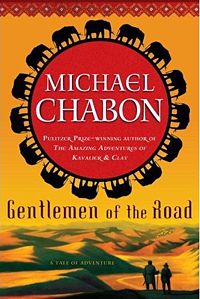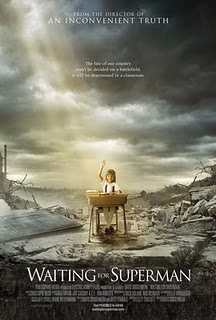It's Christmas night, which means that while the family is watching a movie, I'm sitting at the computer thinking about the iconic Christmas music, Handel's Messiah. I suppose I'm suffering the gift and the curse of being a musicologist.
I began thinking about Messiah because my father-in-law introduced me yesterday to Christopher Rouse's Karolju, a work he heard on the radio and thought I would find interesting. I did think the music had merit (though I'd like to hear the entire work) but it got me thinking about how hard it is to create new "classical" Christmas music. Handel and Tchaikovsky pretty much have the market cornered, and of the two works, Handel's gets the most play this time of year.
Handel’s greatest success certainly was Messiah. It was first produced in 1742, written when he was 56. The work was commissioned from the composer as a benefit for various Dublin charities, and so was premiered in Ireland.
On the face of it, you would never expect Messiah to be the work Handel is remembered for. It doesn't match up with most of his oratorios. First of all, unlike most of Handel's oratorios, it takes its text directly from the Bible. Because of that fidelity, it lacks any real plot in the traditional sense. It doesn’t really develop any drama, but instead is more detached and philosophical. It is a vast musical panorama of the life of Jesus broken into three parts - Old Testament prophecies, Christ's Birth, Christ's Crucifixion and Resurrection - although most often we only hear the first two parts at Christmas. In addition to the lack of plot to hook in an audience, the whole thing lasts about three hours.
Still, this oratorio, which took Handel only 23 days to write the first draft of the entire thing, is the single work that survived Handel's life. In fact, there is a long tradition that developed around it. In 1859, for example, there was a celebration in London commemorating the centenary of Handel’s death.Included a performance of the Messiah with 2,765 singers, 460 instrumentalists, playing to an audience of over 81,000.The kind of festival happened every year thereafter for more than 60 years, and the Messiah was always the centerpiece.This sort of thing still goes on every year to this day in cities around the world. I know that in Kansas City, they have a yearly Messiah sing-a-long, in which the general public is invited to bring its scores and “perform” the piece.
I can't think of another piece of "classical" music that has this kind of hold on the general imagination. The hold is so strong, that when you hear examples like this one, you immediately know what is wrong and why it is funny. And probably you have heard examples like that one in your own lifetime, as everyone has tried the Messiah out at some point in their lives.
Reflecting on the situation, I can't help but recall George Bernard Shaw's penetrating remarks on the work – “I have long since recognized the impossibility of obtaining justice for [Messiah] in a Christian country…. A mood of active intelligence would be scandalous.Thus we get broken in to the custom of singing Handel as if he meant nothing; and as it happens… he meant a good deal….Why, instead of wasting huge sums on the multitudinous dullness of a Handel Festival does not somebody set up a thoroughly rehearsed and exhaustively studied performance of the Messiah…with a chorus of twenty capable artists?Most of us would be glad to hear the work seriously performed once before we die.”
Self-doubt in the tech industry
2 years ago




1 comment:
In response to the unfortunate ending of the Hallelujah Chorus which you most graciously shared with us, I wonder if the organist (after being ridden out of town on a rail) returned to permanently dismantle the normally-useful "transpose" button. As a keyboardist who never quite mastered the coordination required to play the organ (nor devoted enough hours to practicing... apologies to Russell Hodges), I choose to give the benefit of the doubt to our anonymous chromatic offender and assume that he was a last-minute substitute... who clearly was accustomed to performing with authentic Baroque ensembles, which requires a half-step lowering of the modern-day organ. At least, that's the story I would use!!!
Post a Comment